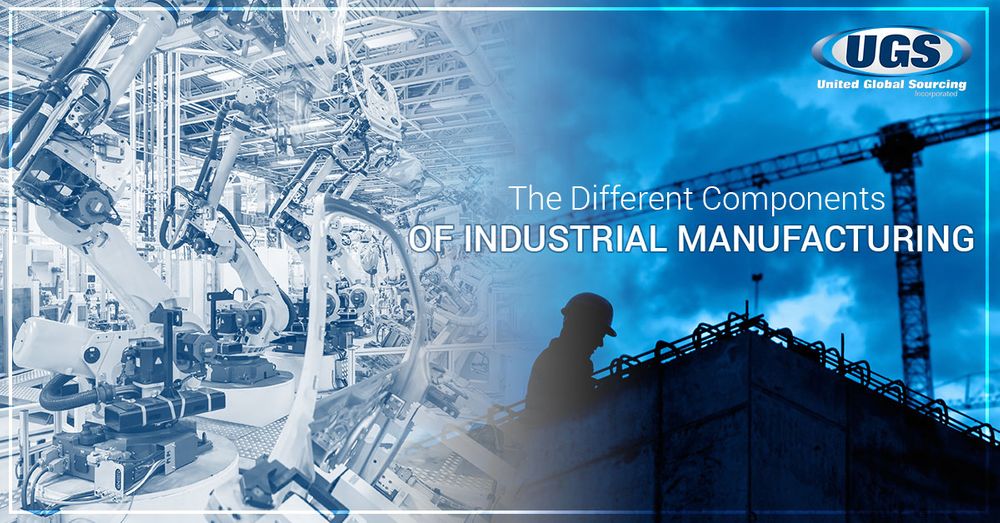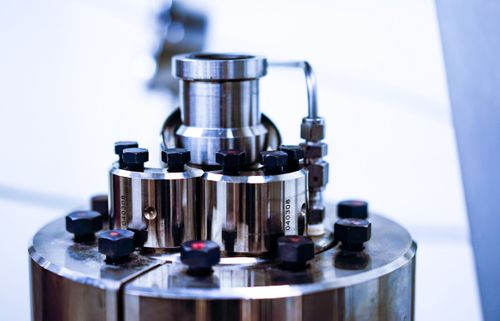The industrial manufacturing industry spreads far and wide. From automobile parts to sporting goods, this industry is responsible for the fabrication of products intended mostly for industrial use. There are a variety of manufacturing processes in this field. Let’s take a look at some of the most common below.

The Different Components of Industrial Manufacturing

Castings & Forgings
There are a few different manufacturing processes for metal components, with casting and forging being the main two. Casting occurs when metal is heated until molten. In this liquid state, the metal is poured into a mold or vessel to create the desired part shape. Casting is the desired process for sculpting large or complicated components. Some advantages of the casting process include:
- There is a wide range of alloys that can be used
- Complex parts can easily be manufactured
The forging process involves massive compression to shape a solid piece of metal into a desired shape. During this manufacturing procedure, raw metal is forced under thousands of pounds of pressure into a die that ultimately gives the part its unique shape. Some benefits of forging include:
- Less material scrap and labor requirements (ultimately saving you money)
- Better structural integrity and mechanical strength
Precision or CNC Machining
Precision machining, also called CNC (computer numerical control) machining, is the use of a pre-programmed computer software that can dictate the movement of machinery. It’s an ideal manufacturing process that uses a long list of complex machinery like lathes and mills. Let’s take a look at some popular CNC machining methods.
CNC Mills
The basic CNC mill has a three-axis system (X, Y and Z) which, once programmed, can guide the movement of the machine. Most CNC mills use the G-code language, which is the popular language used to control various behaviors of a machine such as the speed and feed rate.
Lathes
Lathe machines cut industrial products in a circular direction with the utmost precision. Often used in metalworking, metal spinning, and flassworking, a lathe machine can be used for drilling, boring, threading, and more.
Plastic-Injection Molding
For plastic parts and components, plastic-injection molding is the best way to create complex shapes and pieces without the cost of machining. During this process, plastic material (usually in the form of small balls or pellets) is poured into an injection unit and heated to a molten or liquid stage. Once it reaches the ideal temperature, the liquid plastic is forced into a mold or cavity to create the desired product. This is a great industrial manufacturing process to consider if you need to produce complex and intricate shapes.
United Global Sourcing: Your Supply Chain Managed
When you need help finding the best industrial manufacturer for your part or product, you can trust United Global Sourcing to provide you with the best options. We’ll identify the most capable factory for your needs and budget, and unlike other companies that connect you to a manufacturer and disappear, we’ll be with you every step of the way. If you have any questions about our services, don’t hesitate to contact us. If you’re ready to get started, get your free quote online.
